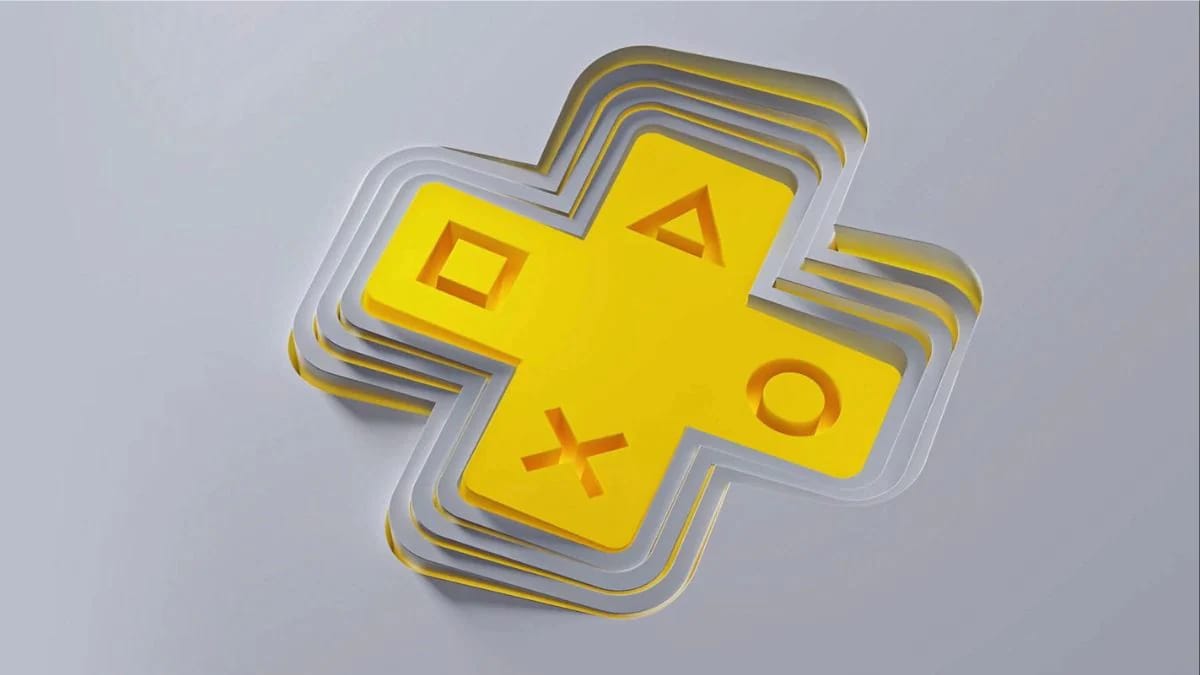The US Supreme Court on Tuesday declined to hear a challenge by Apple to a lower court’s decision requiring changes to certain rules in its lucrative App Store, as the justices shunned the lengthy legal battle between the iPhone maker and Epic Games, maker of the popular video game Fortnite.
The justices also turned away Epic’s appeal of the lower court’s ruling that Apple’s App Store policies limiting how software is distributed and paid for do not violate federal antitrust laws. The justices gave no reasons for their decision to deny the appeals.
Apple’s stock fell more than 2 percent in early trading on Tuesday.
In a social media post, Epic CEO Tim Sweeney said, “The court battle to open iOS (Apple’s mobile operating system) to competing stores and payments is lost in the United States. A sad outcome for all developers.”
The Supreme Court denied both sides’ appeals of the Epic v. Apple antitrust case. The court battle to open iOS to competing stores and payments is lost in the United States. A sad outcome for all developers.
— Tim Sweeney (@TimSweeneyEpic) January 16, 2024
Apple did not immediately respond to a request for comment.
Epic filed an antitrust lawsuit in 2020, accusing Apple of acting as an illegal monopolist by requiring consumers to get apps through its App Store and buy digital content inside an app using its own system. Apple charges up to a 30 percent commission for in-app purchases.
US District Judge Yvonne Gonzalez Rogers in 2021 rejected Epic’s antitrust claims against Apple. But the judge found that Apple violated California’s unfair competition law by barring developers from “steering” users to make digital purchases that bypass Apple’s in-app system, which Epic contends could save them money with lower commissions.
The San Francisco-based 9th US Circuit Court of Appeals upheld much of Rogers’ decision in 2023, finding that Epic had “failed to prove the existence of substantially less restrictive alternatives” to Apple’s system.
The judge’s injunction requires Apple to let app developers provide links and buttons that direct consumers to other ways to pay for digital content that they use in their apps.
Sweeney wrote on his social media post: “As of today, developers can begin exercising their court-established right to tell US customers about better prices on the web.”
In its appeal to the Supreme Court, Epic had said that the 9th Circuit’s decision “guarantees severe anticompetitive harm and effectively insulates the most monopolistic tech-platform practices from antitrust scrutiny.”
Apple had noted in its appeal that Epic did not file a class-action lawsuit and said the broad injunction imposed by Rogers exceeds the constitutional authority of federal courts, which typically should be limited to providing relief to the parties before them.
© Thomson Reuters 2024





